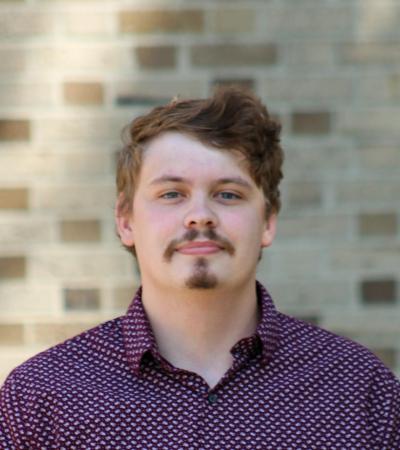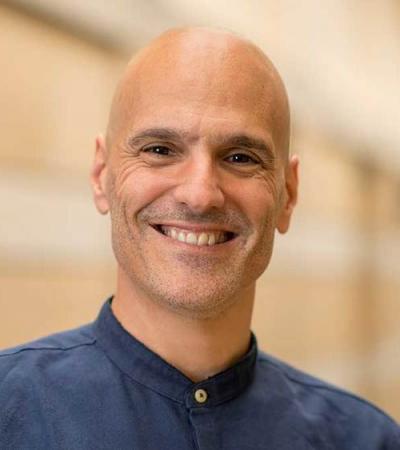VIRTUAL! Democratization Theory Research Cluster Seminar
During this virtual seminar, graduate student members of the Democratization Theory Research Cluster will present research relevant to democracy in the US and the Philippines contexts. The papers and instructions on how to join by computer or phone will be circulated in advance to facilitate in-depth discussion and feedback.
Paper I: “Taking the PAC Pledge: Do Voters Care About PAC Funding?”
Author: Jennifer Dudley (PhD Student, Sociology)
Discussant: Rory McVeigh (Nancy Reeves Dreux Professor in Sociology; Director, Center for the Study of Social Movements, University of Notre Dame)
Abstract:
Given American voters' desire to reduce money's influence in politics, political candidates' pledges to refuse political action committee (PAC) funding should make candidates more attractive. Refusing funds may signal that a candidate values the voters over corporate interests. Yet, not all voters may see corporate donations as a threat. Some voters may perceive relationships with corporations as evidence a candidate will support a strong economy. I determine if Americans are more likely to support presidential candidates who refuse PAC funds using experimental vignette design.
Paper II: "Religion and Populism: Theory and Evidence from the Philippines and Beyond"
Author: Bryce Kleinsteuber (PhD Student, Political Science; Kellogg Institute Doctoral Student Affiliate)
Discussant: Aníbal Pérez-Liñán (Professor of Political Science and Global Affairs, University of Notre Dame; Kellogg Institute Faculty Fellow)
Abstract:
Despite increasing interest in populism and religion in comparative politics, scholars generally lack theoretical frameworks through which to assess their interaction. We use the critical case of Rodrigo Duterte’s Philippines to derive a preliminary typology based on four plausible pathways of interaction. Populist movements may leverage religion to buttress identity boundaries between in-groups and out-groups, converge with religious movements on issues of substantive policy, and use material cooptation to secure religious support. While such pathways of accommodation are often compelling, religion may also serve as a source of moral critique of populist rule, particularly when normative commitments drive resistance to the populist definition of in-group boundaries. A systematic subnational assessment correlating religious demographics and Duterte’s vote share in his landmark 2016 election across over 40,000 Philippine subdistricts supports the typologized pathways, while out-of sample case studies of Indonesia, Sri Lanka, Poland, and India raise confidence in the generalizability of these mechanisms.
Please register for the seminar here.

Bryce Kleinsteuber
This profile was current as of 2020, when he was part of the on-campus Kellogg community. Bryce Kleinsteuber is a Ph.D. student in Political Science at the University of Notre Dame specializing in Comparative Politics. He is also a Graduate Student Affiliate of the Kellogg Institute for International Studies. Bryce’s research focuses broadly on state and non-state governance, and identity in sub-Saharan Africa...





